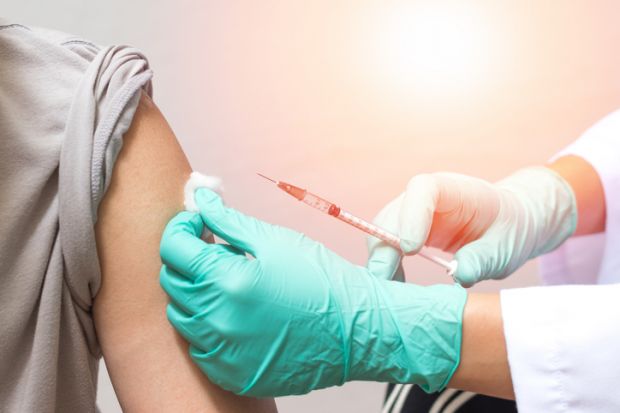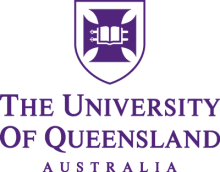Queensland researchers will conduct major aspects of Covid-19 vaccine development concurrently, in a bid to shorten the coronavirus crisis by six months.
A University of Queensland (UQ) team has announced plans to mass-produce its candidate vaccine while clinical trials are still underway.
The approach, facilitated by extra funding including a A$10 million (£5 million) grant from the Queensland state government, will “dismantle” the “linear pipeline” that normally stretches vaccine development timeframes over years or even decades.
Paul Young, head of UQ’s School of Chemistry and Molecular Biosciences, said a vaccine could be available by the beginning of 2021. “It’s ambitious but we believe it’s an attainable goal,” he told a 23 March press conference.
“We should be able to have a vaccine ready to deploy as soon as the clinical studies have been completed. We’re not cutting any corners in terms of ensuring that this vaccine is going to be safe and efficacious in humans. But we should be ready to deploy as soon as that is known.”
Professor Young said typical vaccine development timelines had been “thrown out the window”, with 18 months − widely cited as a best-case estimate − already completely unprecedented. “But a vaccine is required even sooner than this,” he stressed.
He said vaccines were not typically manufactured until after they had secured regulatory approval, which usually followed many trials on animals and human subjects. “Our somewhat radical approach, which this funding will go toward supporting, is to bring large scale vaccine manufacture forward to run in parallel with our remaining pre-clinical and clinical studies.”
Co-lead investigator Keith Chappell said phase one clinical trials involving around 100 healthy adult volunteers would begin in the middle of this year. “We have a long way to go to bridge between what’s done in a university to what can be done on the scale of millions of doses,” he said.
“And we have a lot of work to do to demonstrate that this is safe and effective. But the vaccine is looking extraordinarily good; it’s looking positive up to this point. As soon as it’s deemed that we have enough information on safety, and that this vaccine will work, we’ll have stocks there ready to go.”
The project also involves other Australian and overseas organisations including the Peter Doherty Institute in Melbourne, the Australian National University and the Commonwealth Scientific and Industrial Research Organisation. Dr Chappell said about 20 UQ researchers were working seven days a week, often late into the night.
“The university has deemed us critical staff,” he said. “We work separated into two teams so that if one person gets sick and needs to go into quarantine, we’ll have a backup team working in parallel.”
Trent Munro, director of UQ’s Vaccine Rapid Response pipeline programme, said the extra money would help UQ wrangle the “national and international teams that can help us push this as fast as possible”.
“There are no guarantees of success. This is going to be technically very challenging. But this funding lets us push forward in a way we wouldn’t have dreamt possible a few weeks ago.”
Register to continue
Why register?
- Registration is free and only takes a moment
- Once registered, you can read 3 articles a month
- Sign up for our newsletter
Subscribe
Or subscribe for unlimited access to:
- Unlimited access to news, views, insights & reviews
- Digital editions
- Digital access to THE’s university and college rankings analysis
Already registered or a current subscriber? Login












